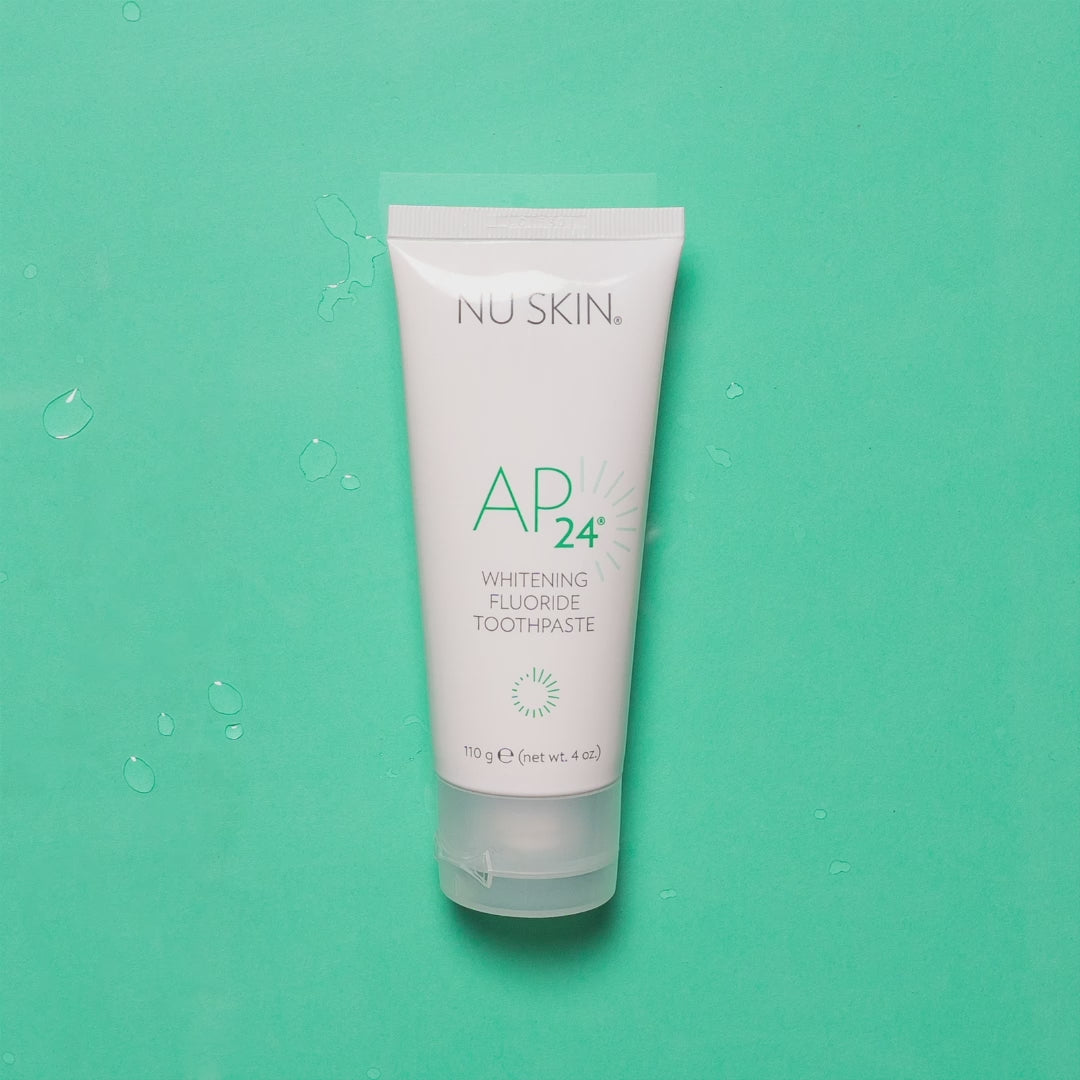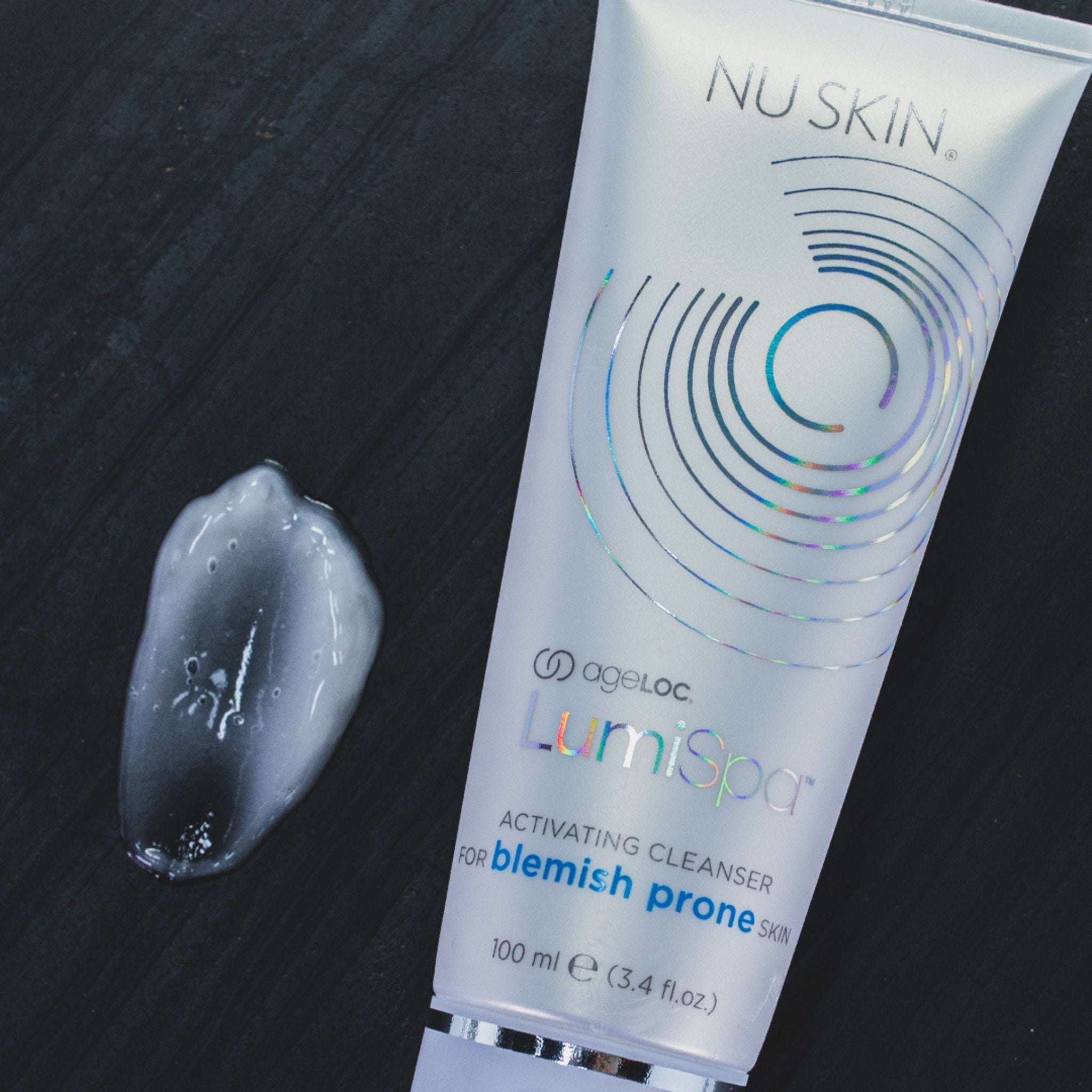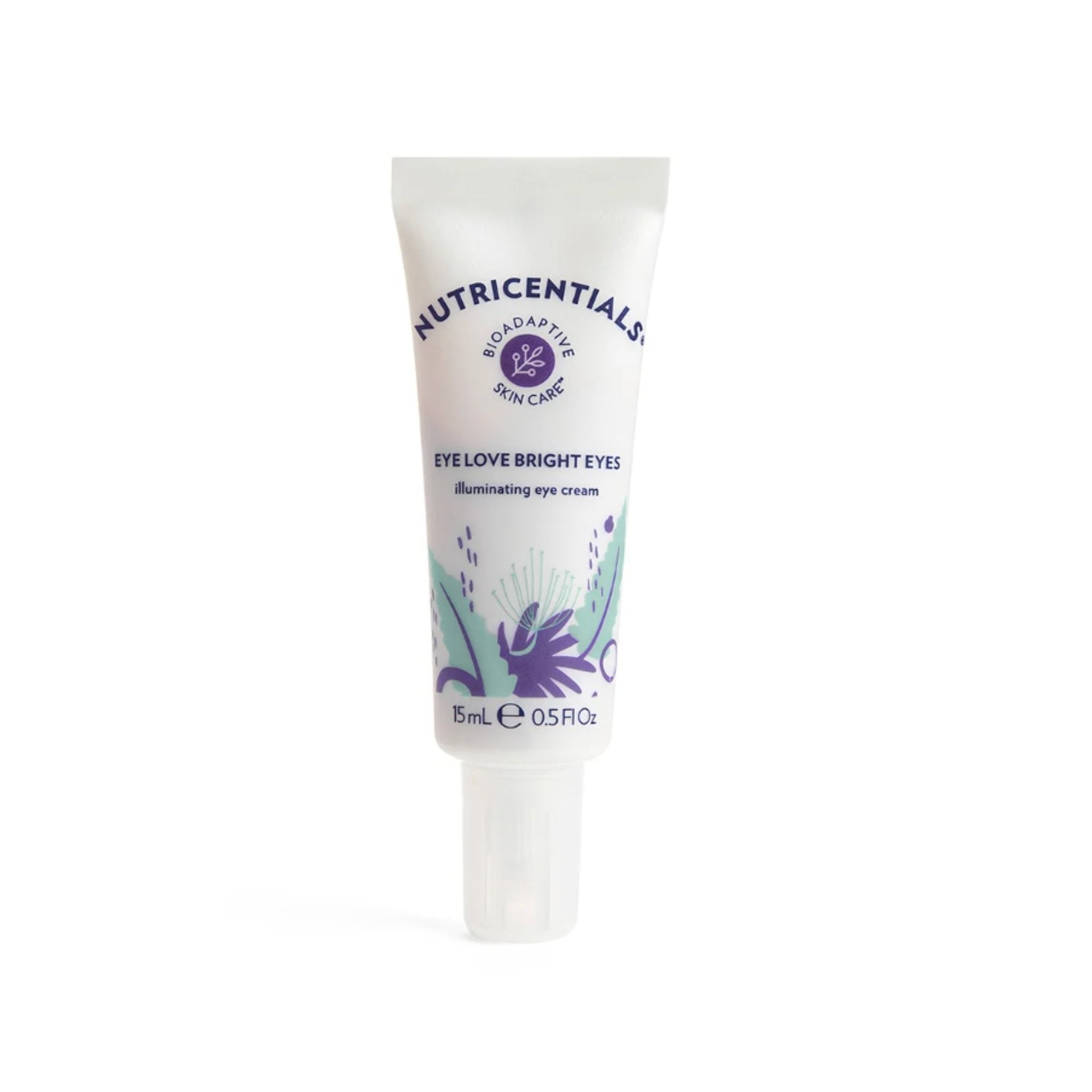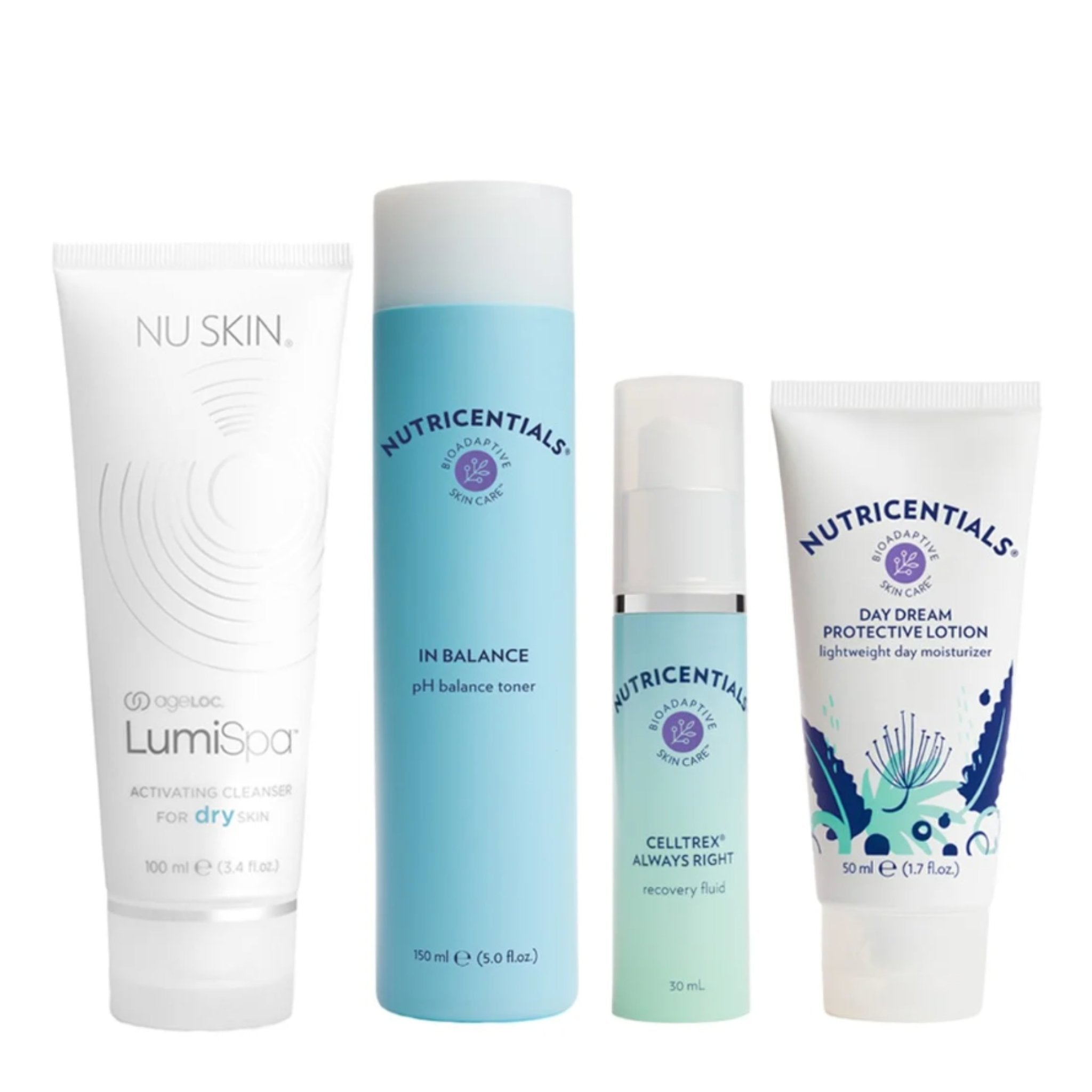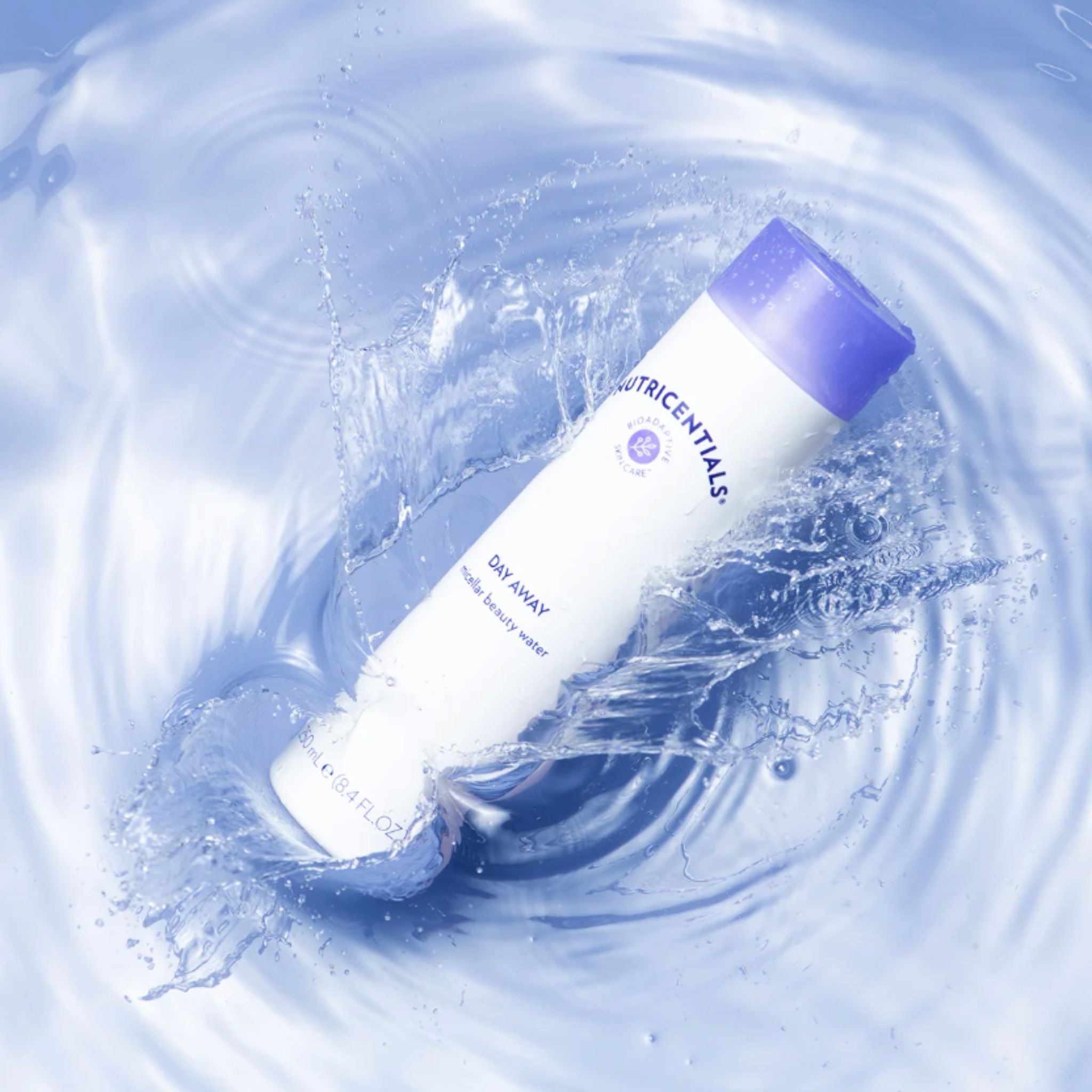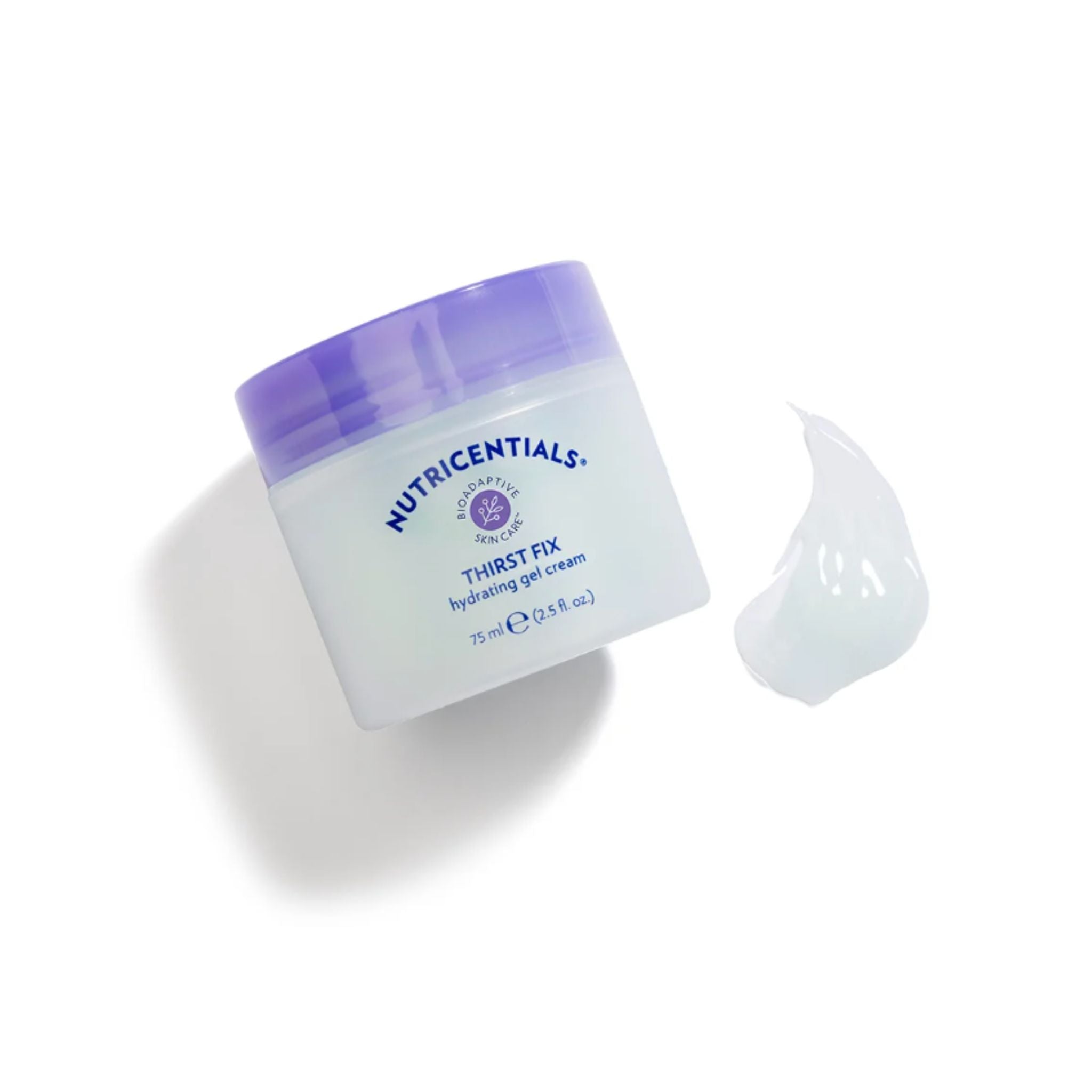If you're someone who struggles with acne-prone skin, you may be familiar with the challenge of finding the right product that can help you get the clear, healthy-looking skin you want. One solution that has become increasingly popular is the use of salicylic acid cleansers.
What Is Salicylic Acid Cleanser?
Salicylic acid cleanser is a type of facial cleanser that contains salicylic acid, which is a Beta Hydroxy Acid (BHA) derived from natural sources such as willow tree, wintergreen oil, and sweet birch. It can also be found naturally in certain fruits like raspberries. [1]
How Does Salicylic Acid Cleanser Work?
The salicylic acid in the cleanser works by not only removing impurities from the surface of the skin, but also by penetrating deeply into the pores to clear out any clogs. It helps to target dead skin, excess oil, and has anti-inflammatory properties. [2]
How To Use Salicylic Acid Cleanser For Skin?
To use a salicylic acid cleanser, start by wetting your face with water to create a better lather. Then, gently massage the cleanser onto your skin using circular motions, avoiding any harsh scrubbing. Finally, rinse your face thoroughly to ensure that no residue is left behind. Salicylic acid cleanser is particularly effective in preventing blackheads, whiteheads, and minor acne. [3]
Pros & Cons Of Salicylic Acid
Salicylic acid is a popular ingredient in many skincare products, known for its numerous benefits as well as some potential drawbacks. As a skincare expert, it's important to understand both the pros and cons of using salicylic acid on the skin. [4] [5] [6]
Pros:
- Exfoliation: Salicylic acid is a beta-hydroxy acid that can exfoliate the skin by penetrating deep into the pores and breaking down the bonds between dead skin cells, making it an effective treatment for acne, blackheads, and other skin conditions.
- Antibacterial and anti-inflammatory properties: Salicylic acid has been found to have antibacterial and anti-inflammatory properties, which can help to reduce redness and inflammation associated with acne and other skin conditions.
- Controls excess oils: Salicylic acid can help to control excess oils on the skin, which can contribute to the development of acne and other skin conditions.
- Suited for all skin types: Salicylic acid is a gentle ingredient that is suitable for all skin types, including sensitive skin.
Cons:
- Allergic reactions: Some people who are allergic to aspirin may also have an allergic reaction to salicylic acid, as it is a similar compound.
- Skin irritation: Salicylic acid can cause moderate burns and skin irritation when used in high concentrations or if left on the skin for too long.
- Drying nature: Salicylic acid can be drying to the skin, which can be a drawback for individuals with already dry or sensitive skin.
Is Salicylic Acid Cleanser Safe?
Salicylic acid, which is commonly found in acne-fighting skincare products, has properties similar to aspirin. While it suits all skin types, it may cause mild tingling in sensitive skin. Prolonged irritation should be consulted with a dermatologist who may recommend a hydrating toner with soothing ingredients like cucumber to balance the skin. [7]
Doctors do not recommend using salicylic acid when pregnant or breastfeeding, or for individuals who are allergic to aspirin. [8]
What Is A Good Percentage Of Salicylic Acid?
According to scientific research, concentrations of 0.5% to 2% salicylic acid are effective in clearing mild to moderate acne. [9]
Is It Safe To Use Salicylic Acid Everyday?
Salicylic acid can be used every day in concentrations of 0.5% to 2%. However, it is recommended to limit the frequency of cleansing schedules if the product contains salicylic acid as it can have a drying effect on the skin. [10]
How Long Should I Keep Salicylic Acid On My Face?
As with any cleansing routine, salicylic acid should be applied to the face for a thorough cleanse lasting 30 seconds to 1 minute. It is important to rinse the face thoroughly to avoid leaving any residue.
Complete Skincare routine for Acne-Prone Skin
Acne-prone skin can be a challenging condition to manage, and a comprehensive skincare routine can help prevent breakouts and improve the overall appearance of the skin. Here is a complete skincare routine for acne-prone skin, backed by scientific evidence:
-
Cleansing: Gently cleansing the face twice a day is important to remove dirt, excess oil, and makeup residue. A study published in the Journal of Clinical and Aesthetic Dermatology found that using a cleanser with salicylic acid reduced acne lesions in patients with mild to moderate acne. Salicylic acid works by penetrating deep into the pores to unclog them and prevent the buildup of excess oil and dead skin cells.
-
Toning: Cleansing can strip the skin of its natural pH balance, making it more vulnerable to breakouts. Using a mild toner can help restore the skin's pH and protect it from environmental stressors. The American Academy of Dermatology recommends using a toner with alpha hydroxy acids (AHAs) or beta hydroxy acids (BHAs) to gently exfoliate the skin and reduce the appearance of pores.
-
Acne Treatments: Consistent use of acne treatments is essential to achieve desired results. The American Academy of Dermatology recommends using topical treatments containing benzoyl peroxide, retinoids, or antibiotics to treat acne. These treatments work by reducing inflammation, unclogging pores, and killing acne-causing bacteria. It is important to give these treatments time to work, as visible improvements may take 4-6 weeks.
-
Exfoliate: Exfoliating once a week can help remove dead skin cells and prevent clogged pores. A study published in the International Journal of Cosmetic Science found that using a salicylic acid exfoliator improved the appearance of acne-prone skin by reducing pore size and sebum production. However, it is important not to over-exfoliate, as this can damage the skin's protective barrier and worsen acne.
-
Moisturize: Contrary to popular belief, acne-prone skin still requires moisturization. Using a lightweight, non-comedogenic moisturizer can help keep the skin hydrated without clogging pores. The American Academy of Dermatology recommends using a moisturizer containing ceramides, hyaluronic acid, or glycerin to hydrate the skin.
-
Sunscreen: Protecting the skin from harmful UV rays is essential for preventing premature aging and skin cancer. The American Academy of Dermatology recommends using a broad-spectrum sunscreen with an SPF of 30 or higher daily. Look for sunscreens containing zinc oxide or titanium dioxide, as these ingredients are less likely to clog pores and cause breakouts.
Overall, a comprehensive skincare routine can help manage acne-prone skin and improve its overall appearance. It is important to choose products that are gentle and non-irritating, and to give treatments time to work. If you have persistent acne or are experiencing severe breakouts, consult a dermatologist for personalized treatment options.
Reference:
References on complete skincare routine for acne-prone skin:
- Cleansing:
- "Management of acne: a report from a global alliance to improve outcomes in acne." - https://www.ncbi.nlm.nih.gov/pubmed/20586994
- "A double-blind, randomized, controlled study comparing the efficacy and tolerability of a new topical acne treatment lotion containing salicylic acid and mandelic acid in acne patients." - https://www.ncbi.nlm.nih.gov/pubmed/26462728
- Toning:
- "The role of pH in the management of acne." - https://www.ncbi.nlm.nih.gov/pmc/articles/PMC6017965/
- "The effect of pH on the skin surface and on acne." - https://www.ncbi.nlm.nih.gov/pubmed/25940862
- Acne Treatments:
- "Topical therapies for acne." - https://www.ncbi.nlm.nih.gov/pubmed/27578038
- "Comparison of topical 5% nicotinamide with 2% clindamycin in the treatment of mild-moderate acne vulgaris." - https://www.ncbi.nlm.nih.gov/pmc/articles/PMC4884775/
- Exfoliate:
- "Salicylic acid peels for the treatment of acne vulgaris in Asian patients." - https://www.ncbi.nlm.nih.gov/pubmed/22521520
- "A clinical study to determine the efficacy of combination of glycolic acid peeling with topical regimen in the treatment of acne scars." - https://www.ncbi.nlm.nih.gov/pmc/articles/PMC2921758/
- Moisturize:
- "Moisturizers in acne: a guide for the health care professional." - https://www.ncbi.nlm.nih.gov/pubmed/29469753
- "The use of facial moisturizers in patients with acne: a review." - https://www.ncbi.nlm.nih.gov/pubmed/25119676
- Sunscreen:
- "Prevention of skin cancer: sunscreen." - https://www.ncbi.nlm.nih.gov/pubmed/29023045
- "Sunscreen use in the prevention of melanoma: common sense rules." - https://www.ncbi.nlm.nih.gov/pubmed/27216968









